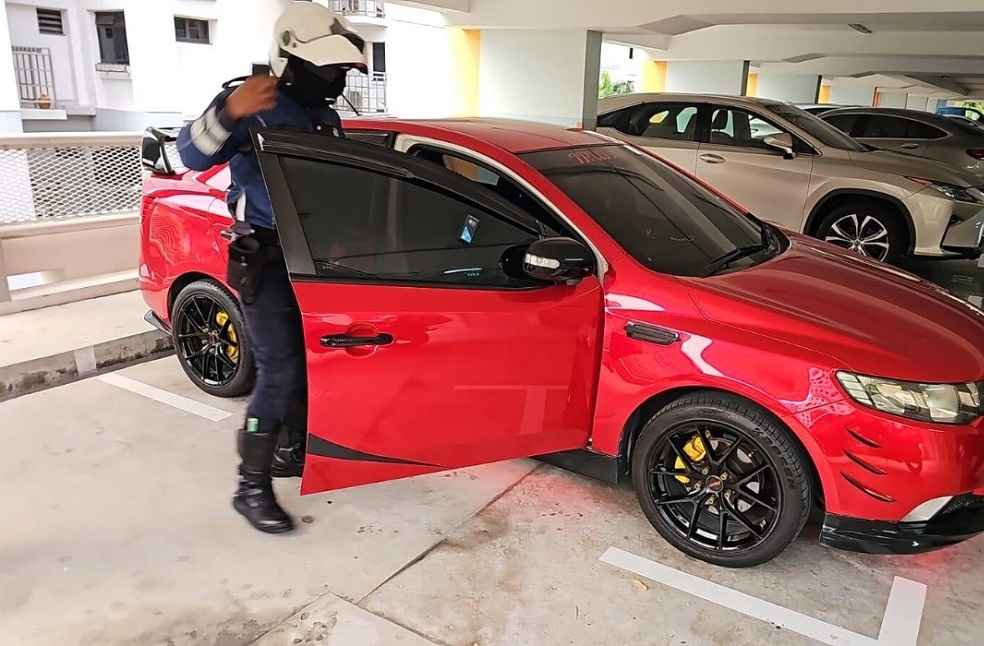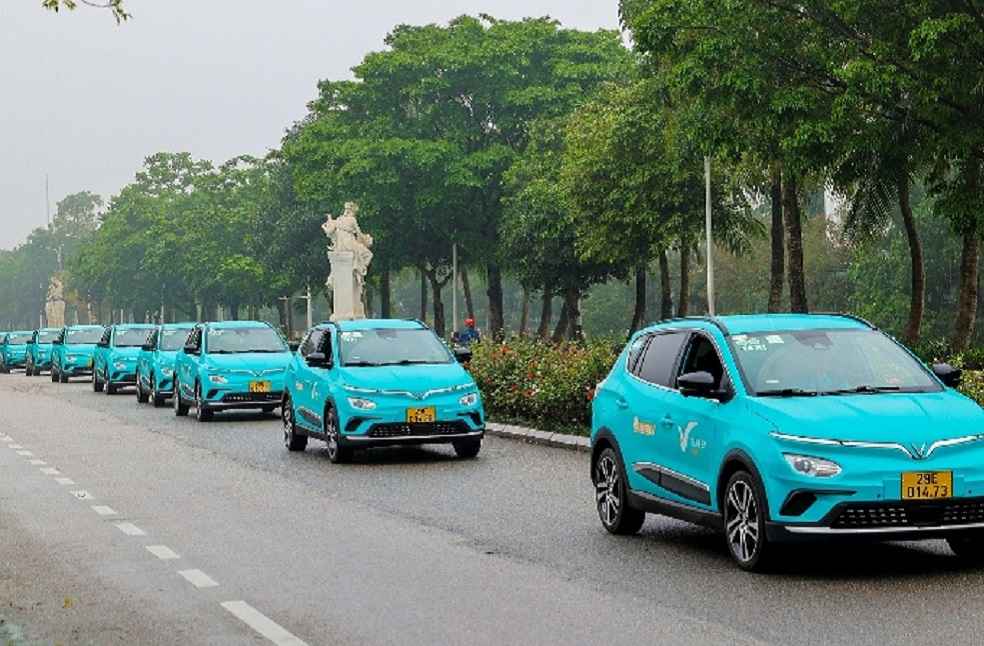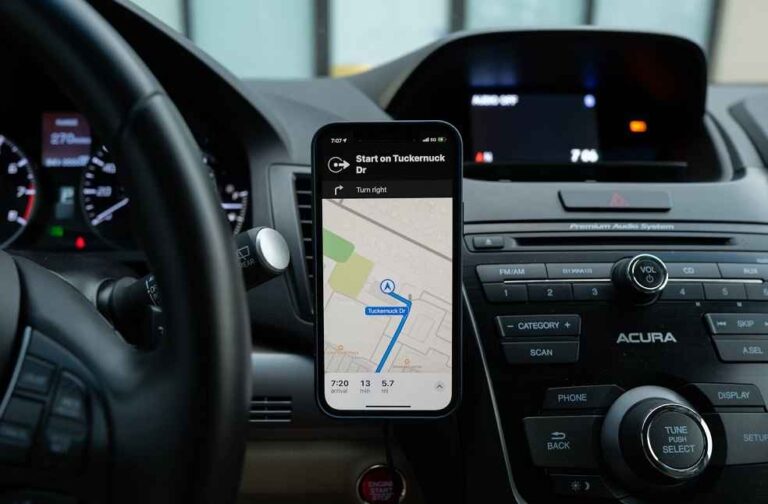Singapore companies are barred from private-hire car sales to individuals for three years following registration from February 19. Companies will have to keep their private-hire cars (PHCs) designated for ride-hailing services, for three years before converting or transferring them to individuals.
In a statement on February 19, the Land Transport Authority (LTA) declared that this measure aims to stabilize the supply of vehicles used for ride-hailing services. The agency explained that the implementation of the three-year lock-in period will ensure that companies acquiring these vehicles predominantly lease them to drivers providing ride-hailing services. This policy will also prevent businesses from prematurely converting the cars out of the chauffeured (Driver assisted) private hire car scheme, thereby maintaining the availability of such cars for point-to-point transport services in the market.

“To ensure transparency and fairness for all stakeholders, LTA has decided to bring forward the implementation of this new policy to Feb 19, before the close of the COE bidding process,” the agency said. The mandatory three-year lock-in period applies to all newly registered or converted chauffeured PHCs owned by businesses, as well as those transferred from individuals to businesses. This requirement also extends to vehicles with Certificates of Entitlement (COE) issued during the ongoing bidding exercise, which concludes on Wednesday.
In a Facebook post, Singapore’s Senior Minister of State for Transport, Amy Khor, stated that the lock-in period requirement is part of the LTA’s point-to-point transport sector review initiated in 2023. This follows efforts in 2024 to enhance the availability and reliability of taxis and PHCs.

However, chauffeured PHCs registered by companies with Certificates of Entitlement (COEs) obtained before February 19 are exempt from this rule. Additionally, it does not affect chauffeured PHCs owned by individuals, who often use them for both ride-hailing services and personal use. As of January, the total number of PHCs—including both chauffeured and self-drive rental cars—reached 90,882 units, an increase of 11.2% from 81,754 units at the end of 2023.
EV WORLD | Renault, Geely Announce Framework Pact for EV Production and Sales in Brazil





